College, Yikes!
This is the time of year for a big transition for many families that have kids going off to college. Have you given any thought to their insurance coverage as they attend college? Different insurance companies have varying standards when it comes to whether or not they still have coverage from their parents policy. College students have different insurance risks than when they are still living with their parents. Here are a couple areas to think about.
Auto
Will your college student be bringing their vehicle with them to school? If not, there may be a discount available as your youthful driver will not have access to their vehicle on a regular basis. Another concern to think about is if your auto policy cover them driving someone else's vehicle while they are at college. This is where different companies vary with their underwriting standards. Check with your agent and they will be able to tell you whether or not your policy has coverage for your kids away at college.
Personal Property and Liability
Will your home policy cover that $2000 Apple Laptop? How about the rest of the items kids need to start successfully living on their own, like clothes, Dorm fridge, gaming consoles or a TV? What happens if they unintentionally do something that hurts someone, will your home policy cover their personal liability while they are away from the house? Again check with your agent as this varies from company to company.
Hopefully your college kids don't run into any problems while they are away, by making sure they have proper insurance coverage you can help them avoid some pretty major pitfalls when they are just starting life on their own. Please don't hesitate to reach out to us, we will be happy to answer your questions and help you get your college kids started on the last leg of their journey to being independent.
Ethan Sletten
Owner | Independent Agent
Montevideo Insurance Center LLC


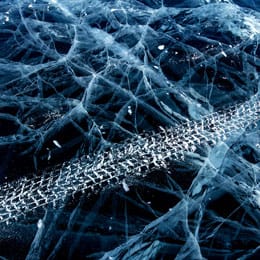
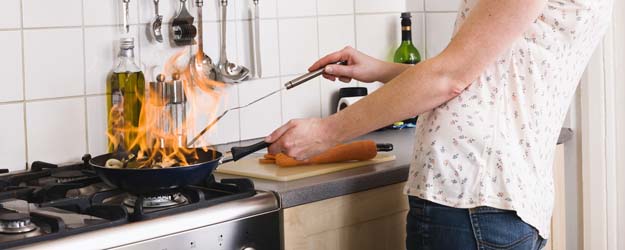
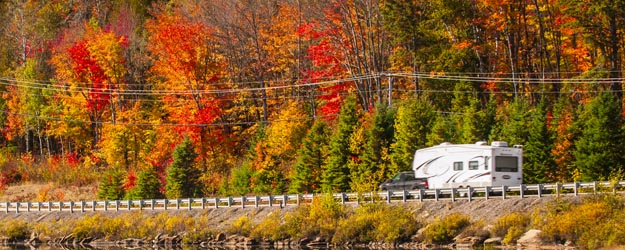
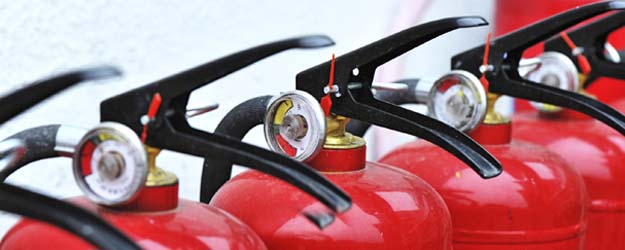
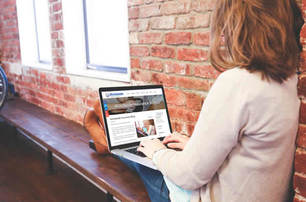
 RSS Feed
RSS Feed